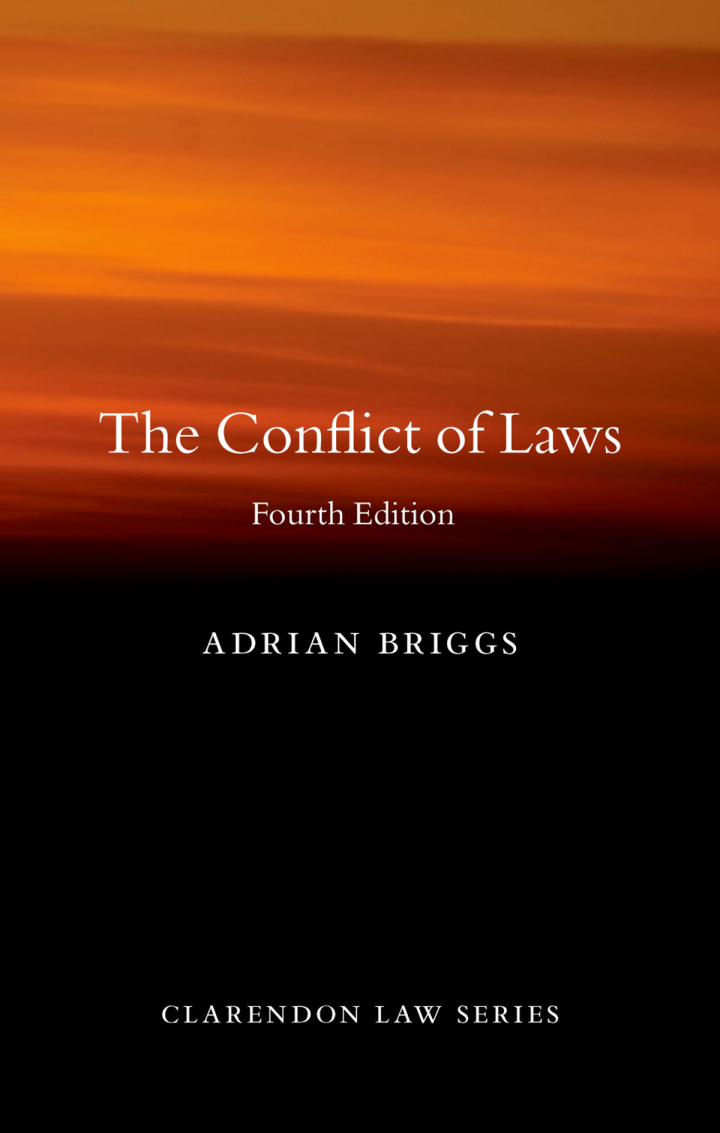The Conflict of Laws 4th Edition
$21.12
Attention: This is just ebook, Access Codes or any other Supplements excluded! / File Delivery: Sent Via Email within 24 hours!
SKU: 3e99d8a89fa9
Category: Law Textbooks
Description
-
Author(s)Adrian Briggs
-
PublisherOUP Oxford
-
FormatPDF
-
Print ISBN
9780198845232, 0198845235 -
eText ISBN
9780198845232, 0198845235 -
Edition4th
-
Copyright
- Details
This invaluable introduction to the study of the conflict of laws provides a survey and analysis of the rules of private international law as they apply in England. Written to take account of the various possible outcomes of the Brexit process, it goes as far as is possible to make sense of the effect it will have on English private international law. The volume covers general principles, jurisdiction, and the effect of foreign judgments; the law applicable to contractual and non-contractual obligations, the private international law of property, of adults (the increasingly complex law of children is described in bare outline), and of corporations. It does so in a manner which explains and illuminates the principles which underpin the subject in a clear and coherent fashion, as the wealth of literature, case law, and legislation can often obscure the architecture of the subject and unnecessarily complicate its study. This new edition organizes the existing material in light of European legislation on private international law, reflecting the way in which an accurate representation of the topic requires it to be interpreted as European law with a common law periphery, instead of common law with European legislative influences. As at the time of writing – and possibly for some time to come – the consequences of Brexit are a mystery, but the attempt is made to describe the various possible shapes which the subject will assume in the future. The book adopts a pragmatic approach and avoids the more abstract theory; as the theory of the conflict of laws is actually to be found in and by applying the legislation and jurisprudence to the cases and issues which arise in private international litigation and in giving legal advice.
Related products
-
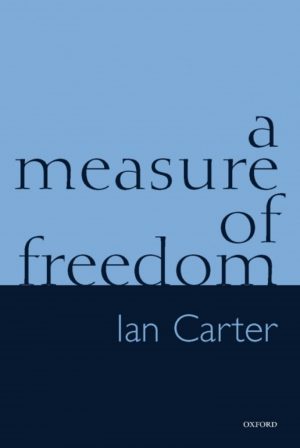
A Measure of Freedom
Rated 0 out of 5$29.25 Add to cart -
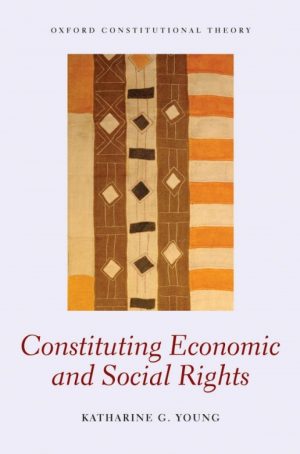
Constituting Economic and Social Rights
Rated 0 out of 5$17.88 Add to cart -
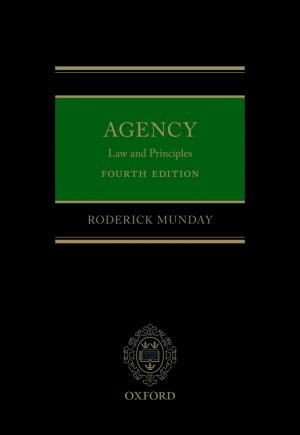
Agency 4th Edition Law and Principles
Rated 0 out of 5$53.62 Add to cart -
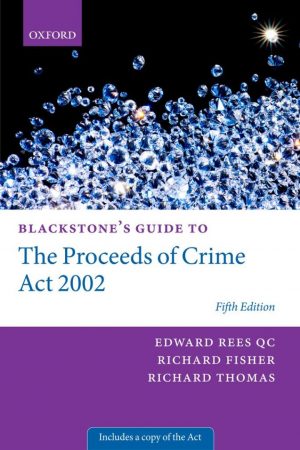
Blackstone’s Guide to the Proceeds of Crime Act 2002 5th Edition
Rated 0 out of 5$34.12 Add to cart

